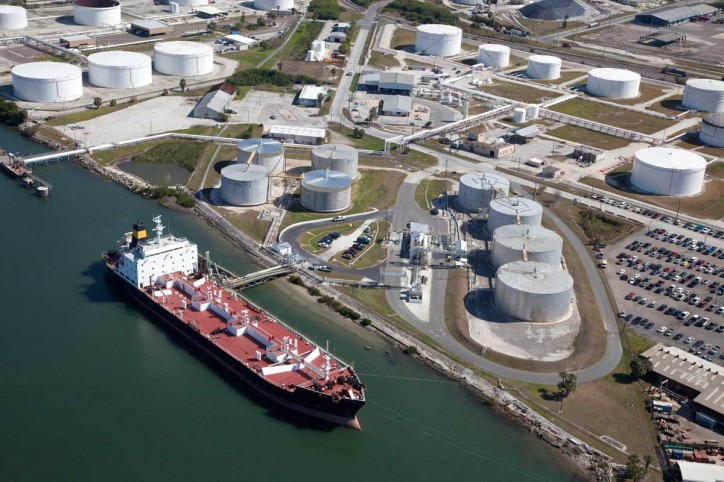An international shipping association has sounded the alarm over a potential marine fuel shortage in 2020, once a cap on sulfur content in fuel is imposed.
The Baltic and International Maritime Council (BIMCO) this week issued a statement voicing concerns about the results of a study conducted by the International Maritime Organization (IMO) that will inform the decision of IMO’s Marine Environment Protection Committee (MEPC) over the implementation date of a cap of 0.5 percent sulfur content in marine fuel.

The IMO has proposed the cap to help curb greenhouse gas emissions from ships.
"The official IMO study that assessed the relevant availability of fuel oil has failed to fully address the IMO’s terms of reference—in BIMCO’s view—in several critical areas," BIMCO said.
One issue is fuel oil quality. "A significant amount of the fuel oil that the IMO study concludes will be available for marine use is unsafe to store and use onboard ships," BIMCO explained, suggesting it should not be counted in the world inventory of available fuel.
BIMCO also questioned the study’s lack of recommendations on how an assessed shortage of sulfur removal capacity in refineries will be resolved so that capacity would be in place by 2020.
"The study fails to model the disruption that an overnight introduction of the global cap (from December 31, 2019) would cause," BIMCO said.
As a result, BIMCO said it is not possible to determine that the global refining industry will have the capacity to produce enough marine fuel by 2020. BIMCO also stressed that the supply of fuel to other sectors of the global economy could face major disruptions if the scenario is not addressed beforehand.
BIMCO along with other maritime groups commissioned an independent study EnSys and Navigistics to assess the availability of marine fuel in view of the flaws the organization saw in the IMO study. The BIMCO study concluded that it is unlikely that there will be sufficient low sulfur fuel available in 2020, while maintaining uninterrupted supply of fuel to all other sectors of the global economy.
"It is clear that the IMO study is flawed, meaning it is not possible to determine from the study that there would be sufficient fuel available in 2020. On that basis, our opinion is that it would be irresponsible for IMO to make the decision to go for 2020 at MEPC 70 in October. There is clearly a need for additional analysis to ensure the supply chain for global trade is not seriously disrupted and developing nations are not hit hard by a lack of affordable energy," Lars Robert Pedersen, Deputy Secretary General at BIMCO, said.
"This is not about the cost of low sulfur fuel for ships – that has long been known. We know that the shipping industry will buy the fuel they need. But if it is in short supply, the cost will rise not just for shipping but for all users of the fuel. This will price those in poorer economies out of the market," he added.
Source: Manila Times